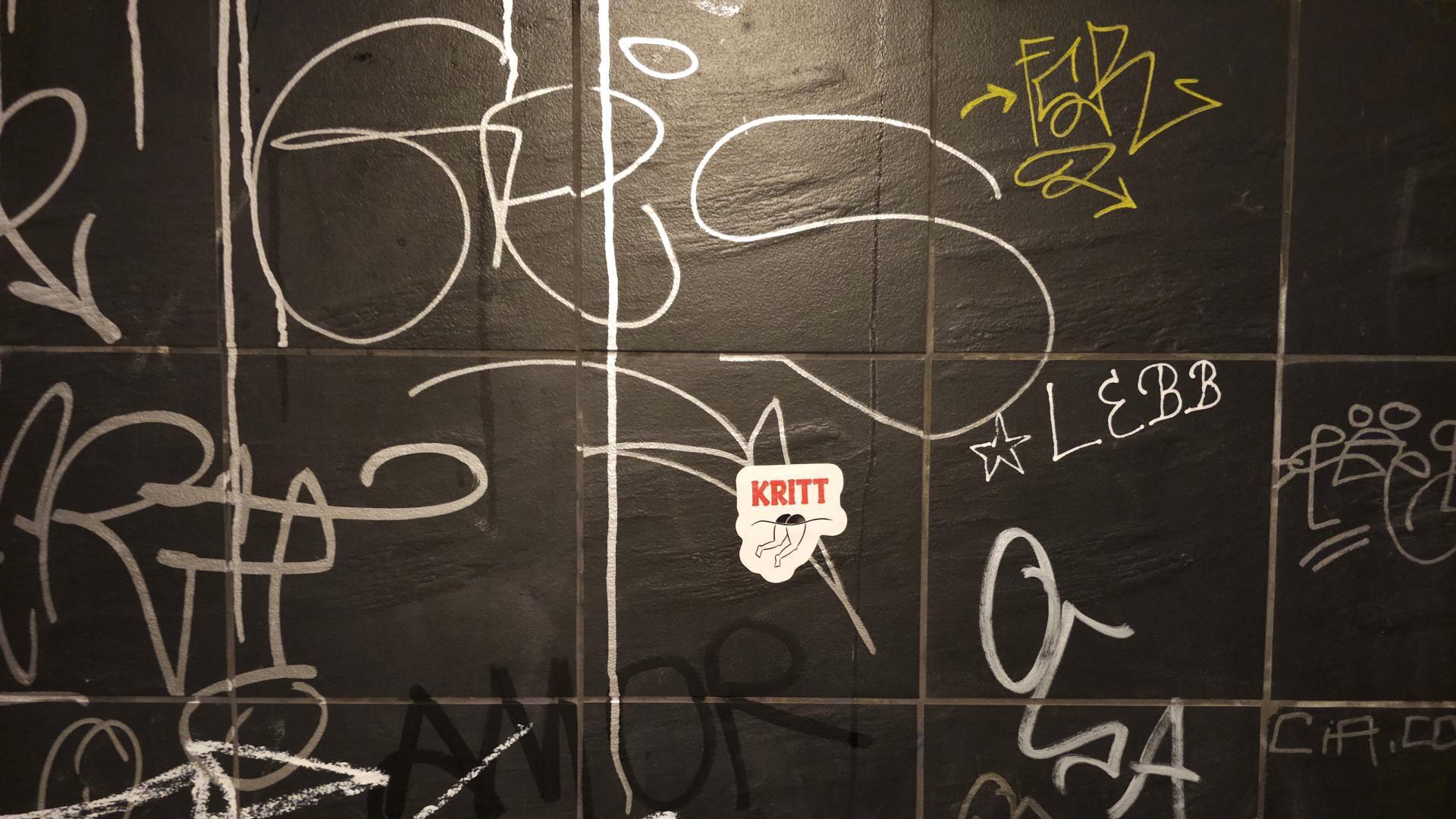
Peer Review is Killing Science
Peer review is the gold standard for scientific work. Some people argue that the fact that an article has been peer-reviewed is what makes it scientific. I would not go that far. In my opinion, research is scientific because it is conducted according to scientific standards, not because someone else has read it. However, having peers review your work is a quality mechanism that ensures that others agree that those scientific standards have been met....
